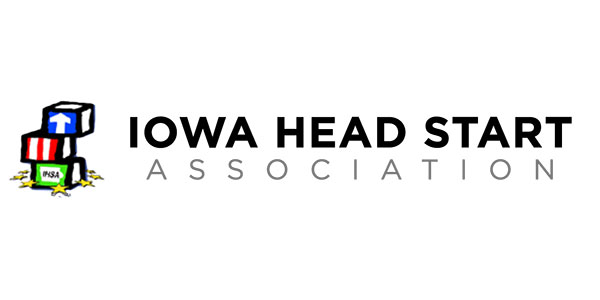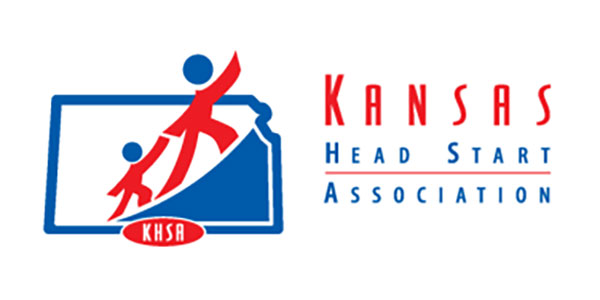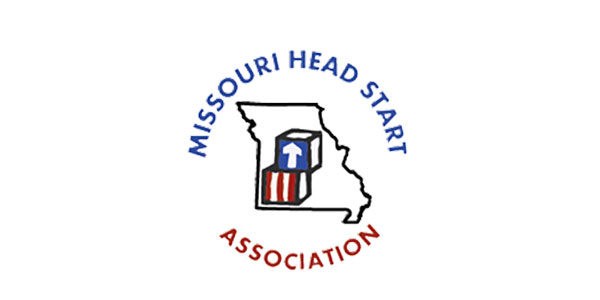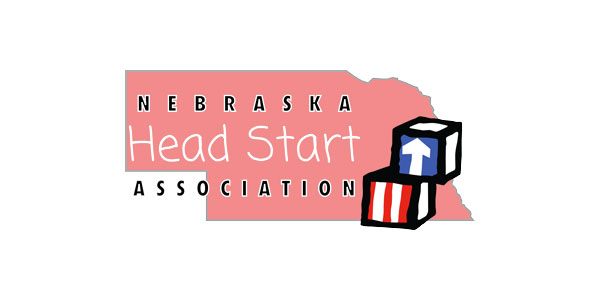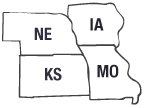Head Start
 What is Head Start?
What is Head Start?
Head Start is a National Child Development Program for Children from Birth to Age 5, which provides Services to Promote Academic, Social and Emotional Development, as well as Providing Social, Health and Nutrition Services for Income Eligible Families. Head Start is funded by the United States Congress and administered through the Department of Health and Human Services.
 The History
The History
In 1965, Head Start was established to help low-income families provide their children with developmentally appropriate education, health and social services to better prepare them to achieve in school and society. Initially, Head Start served preschool children 3-5. Early Head Start (EHS) was created in 1994 to target the needs of pregnant women, infants and toddlers, thereby fostering positive development at even earlier stages.

OUR GOALS
- To enhance children’s physical, social, emotional and cognitive development.
- To help parents be better caregivers and teachers to their children.
- To help parents meet their own goals, including economic independence.
STATISTICS
- Head Start has served more than 20 million children and their families.
- Currently there are more than 1,600 Head Start agencies and 16,000 sites nationwide.
- According to the 2018—2019 OHS PIR Data, Head Start / Early Head Start served more than one million children and their families.
Why Do We Need Head Start?
INVEST NOW, BENEFIT LATER
COMPREHENSIVE PROGRAMS
RESEARCH SHOWS FIRST YEARS CRITICAL
PATTERNS FORM EARLY





